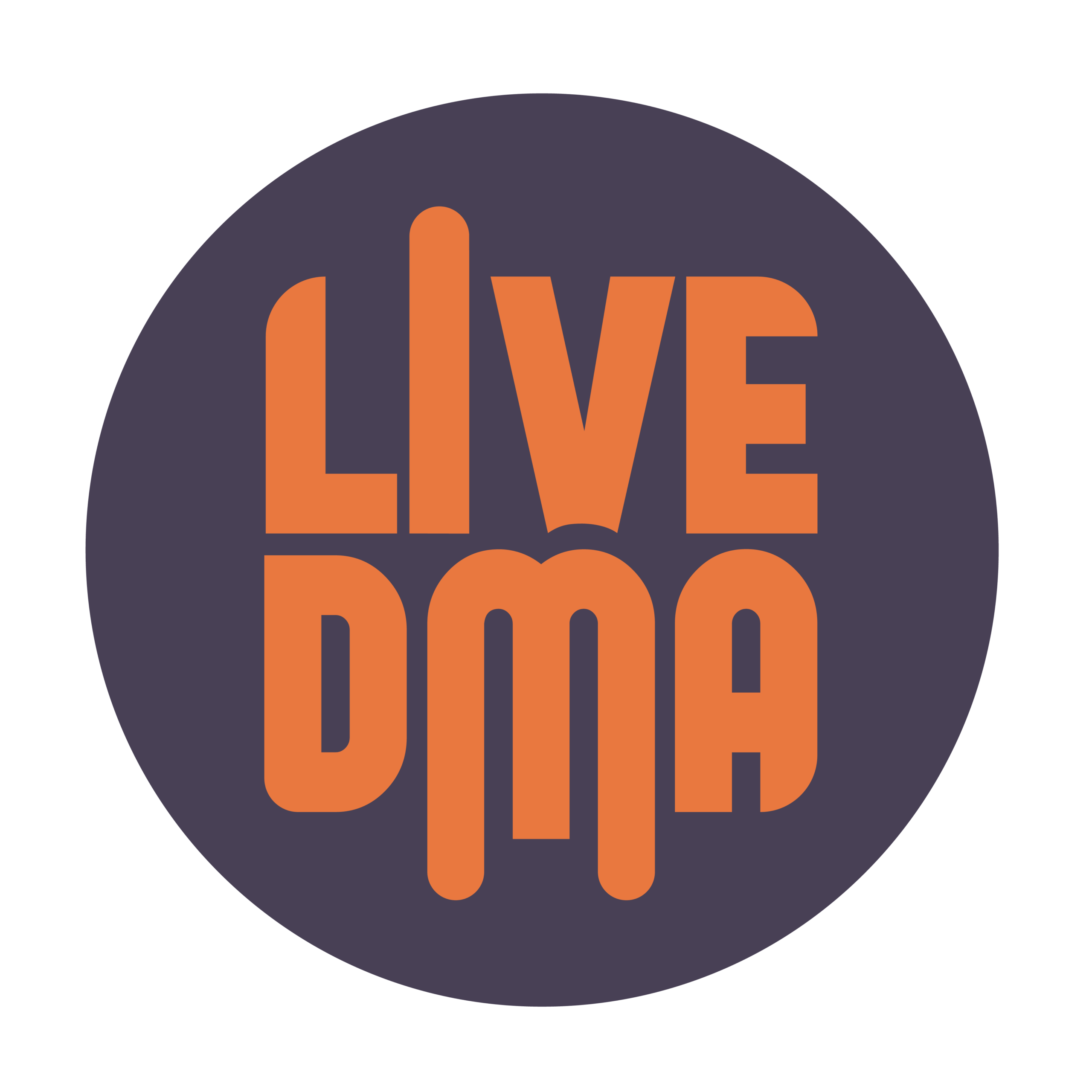Live DMA supports Culture Action Europe’s statement “Securing a Sustainable Future for the European Non-Profit Cultural Sector”.
We call on European institutions’ support for non-profit organisations active on local, regional, national and European level that wish to work in a European context and contribute to building a stronger European Union.
KEY MESSAGES
- Non-profit cultural organisations should be considered important stakeholders at the EU level, to be included in consultations and involved in strategic processes as they are active players and have specific expertise.
- The
new application of financial assessment rules actively prevents
organisations in the cultural and creative sectors from accessing EU
funding – particularly in specific EU countries where national
regulations do not permit non-profit organisations to keep the reserves
needed to be rated financially “strong” by the EU – endangering a
sizable percentage of cooperation projects and European networks.
- Due to their non-market oriented and mission-driven engagement, vital for creating and fostering the non-economic value of culture, non-profit cultural organisations require public support above all. However, their access to financial support provided by the next generation of funding programmes is at risk.
THE IMPORTANCE OF CULTURAL NON-PROFIT NGOs
The European cultural sector is primarily made up of non-profit micro-organisations (95% of the cultural and creative sectors’ organisations employ less than 10 people). They reach and represent large parts of the European population and range from local cultural centres and performing arts venues, regional and national associations representing individual artists and cultural professionals to transnational networks reaching out to millions of EU citizens.
The non-profit cultural sector has a significant impact on European societies and contributes greatly to their social and economic development. As stated in the European Agenda for Culture, “culture promotes active citizenship, common values, inclusion and intercultural dialogue within Europe and across the globe”. The recognition of culture’s intrinsic value is the first principle outlined in the European Council Conclusions on the Work Plan for Culture 2019-2022. The non-profit cultural sector is a powerful and committed contributor to each priority of the EU Strategic Agenda 2019-2024: from building a greener, fairer and more inclusive future to promoting European values within and beyond the EU borders.
- Non-profit
cultural organisations have the potential to build communities and
foster citizen engagement by actively involving people in activities and
cultural practices and thus empowering them to participate in society.
This contributes to the well-being of individuals as well as society as a whole, and promotes social engagement and inclusion.
- The know-how and expertise that exists in the non-profit cultural sector, as well as its ability to foster and combine formal, non-formal and informal educational experiences has vital value for education, capacity building and training at all ages, in the cultural sector and beyond. Nevertheless, cultural organisations are struggling to offer more stable work conditions that are not supported by the actual structure of funding schemes.
Despite challenges, the EU remains a community based on values such as democracy, fairness, equal opportunities and diversity. The non-profit cultural sector has the power to convey these abstract values. Culture opens minds by showing alternative perspectives and at the same time empowers individuals and communities by strengthening their democratic skills. Grassroots cultural activities, civil society engagement and socio-cultural operations are key in this respect. Culture is therefore capable of preparing EU citizens to support and shape the future of Europe.
[button url=”https://cultureactioneurope.org/files/2019/11/CAE-Securing-a-sustainable-future-for-the-European-non-profit-cultural-sector.pdf” target=”_blank »]Read the full statement[/button]
